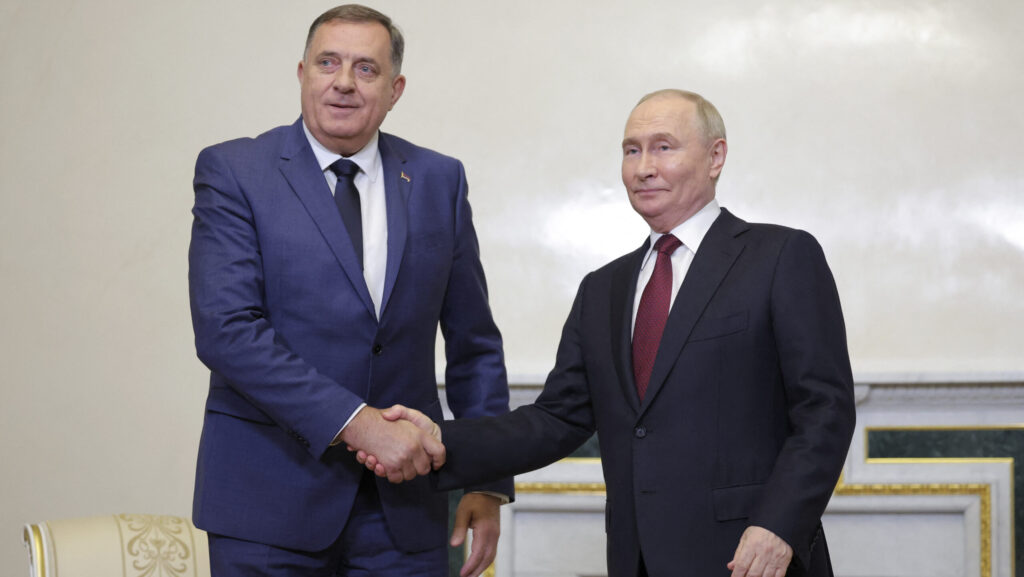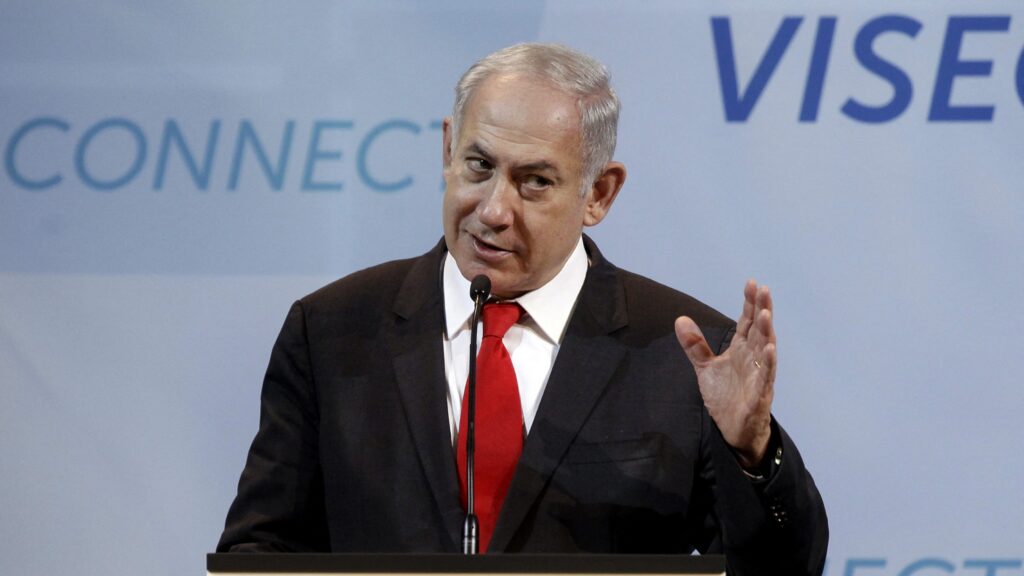In 1992 the political theorist and contributor to the formulation of the Reagan Doctrine Francis Fukuyama, in his book The End of History and the Last Man, envisioned a quintessential outlook for our modern-day world. His thesis, initially presented as an article in The National Interest in 1989 when communism in eastern Europe was collapsing, proposed that Western-style liberal democracy would not only triumph as the victor of the Cold War, but would also establish itself as the last ideological stage in the long march of history.
‘End of History’
The ‘end of history’ did not mean the literal end of the human race, but rather that ‘there would be no further progress in the development of underlying principles and institutions, because all of the really big questions [would have] been settled’ through liberal democracy.[1] This somewhat paralleled St. Thomas More’s famous Utopia. Utopia, the Greek term for ‘nowhere’, spoke of ideal or imaginary society in which the problems of Europe’s emerging mercantile economic system, driven by desire for profit rather than concrete human needs, might be solved. More’s work, however, was not a hypothesis or an objective plan for the world, but rather a satirical socio-political exposition of English society at his time.
The term ‘end of history’ had been coined by the German philosopher Georg Friedrich Hegel (1770-1831) who held that history has a telos—an end, a purpose, or a goal—equivalent to the rise of a perfectly rational and just state. That state would ensure the liberty necessary for the evolution of all of man’s capacities. Yet this would only subsist in a state of continual and constant peace with other—similarly configured—states. In other words, the end or goal of history is the actualization of freedom in the life of the modern nation-state.
Difference between Nation, State, and Nation-State
While the terms ‘nation’ and ‘state’ are interchangeable, they are distinct and tantamount from each other. A nation is a group of people with common characteristics, such as a common language, ethnicity, religion, or a shared history, like the Kurds who live in southeastern Türkiye, northwestern Iran, and northern Iraq and Syria, and it can exist without sovereignty for it does not have fixed borders.
A state, on the other hand, has a determined territory, i.e., fixed borders with a permanent population and a government that effectively controls the territory—this determines their sovereignty, which is recognized by other states in the international order. It is ultimately united by laws and regulations. Thus, a nation-state is a political entity where the state and nation are congruent, such as the State of Israel or the Republic of Pakistan. In apposition is the concept of a ‘country’, like the United States of America, which is not characterized or defined a single or predominant ethnic group, but nevertheless befits
Essence of Liberalism
Karl Marx, too, shared the Hegelian notion of an ‘end of history’, though for him it was to be achieved with a communist society, whereas for Hegel it was a liberal state. Likewise, Fukuyama argued that liberal democracy constitutes the ‘endpoint of mankind’s ideological evolution’ and the ‘final form of human government’, and as such constituted the ‘end of history’, i.e., an idea upon which we cannot improve upon.[2] This, however, became a double-edged sword and short-lived.
The essence of proper liberalism, as the English philosopher John Locke (1632-1704) formulated in his Second Treatise of Government, centered on the rights of the individual in society:
‘…all men are naturally in, and that is, a state of perfect freedom to order their actions, and dispose of their possessions and persons, as they think fit, within the bounds of the law of nature, without asking leave, or depending upon the will of any other man.’ Thus, in this state of equality, no man has a natural claim to rule over another. Hence, all men possess natural rights: ‘life, health, liberty, or possessions’.
Thus, when Thomas Jefferson embellished that notion of natural rights in that they are self-evident and unalienable because they are endowed by our Creator, we as an American society eventually began to argue that everyone in the world should enjoy these universal rights, too. This bred, as Professor John J. Mearsheimer argued, the concept of a liberal international order dictated by the U.S. after the fall of the Soviet Union in 1992.
Fallacy of Liberalism
America became the hegemon of the world and saw to it that liberal democracy becomes globalized,
convinced that this is the sole political system that would eventually resolve world conflicts and domestic problems of every nation-state. Subsequently, this officially compelled the U.S. to directly intervene in the affairs of other countries. It, thus, adopted unilateralism violating international law as it did, for example, in the invasion of Iraq in 2003, fancifully thinking that liberal democracy could be embedded in an Islamic country.
In the classic film Black Hawk Down—based on the 1993 Battle of Mogadishu where U.S. forces tried to capture Somali warlord Mohamed Farrah Aidid but the operation —helicopter pilot Michael Durant is captured by the Somalis. In a scene, one of his soldier captors tells him:
‘You think that by getting General Adib we will simply put down our weapons and adopt American democracy?
This one line in the movie explained it all. Because of the cultural, ethnic, and religious diversity ingrained in the non-Western world it was impossible to impose a presidential or constitutional democracy in a society that is anthropologically not disposed to it, more so one that loathes having a foreign country telling it what to do.
Many global elites, in addition to Fukuyama, who argue that a liberal democratic order remains an important force for promoting peace and prosperity around the globe, blame then-President Donald Trump for its demise. It is true that with his ‘America First’ agenda he expressed contempt for the liberal order during his bid for the White House in 2016, and he also pursued policies that designed to tear it down, hence the prevalence of American nationalism. Yet, as John J. Mearsheimer says, to single out Trump is not fair because there were more fundamental problems at play, which accounts for why Trump was able to successfully challenge an order that enjoyed almost universal support among the foreign policy elites in the West.
In theory, America’s policy of reshaping the world in its own image was supposed to safeguard human rights, promote peace, and make the world safe for democracy, as President Woodrow Wilson said in 1917. Instead, the U.S. became a highly militarized police state fighting wars that undermined peace, harmed human rights, and threatened liberal values at home, which reveals the U.S. government had other (malignant) intentions.
Those of us who were blessed to be born in the United States, in a country where we fundamentally enjoy the natural rights of ‘Life, Liberty, and the pursuit of Happiness’, can appreciate what liberal democracy has furnished. At the same time, to think we could just simply transport it everywhere else is another thing.
[1] Francis Fukuyama, The End of History and the Last Man, New York, Free Press, 1992 2006, xiv.
[2] Francis Fukuyama, The End of History and the Last Man, xi.








